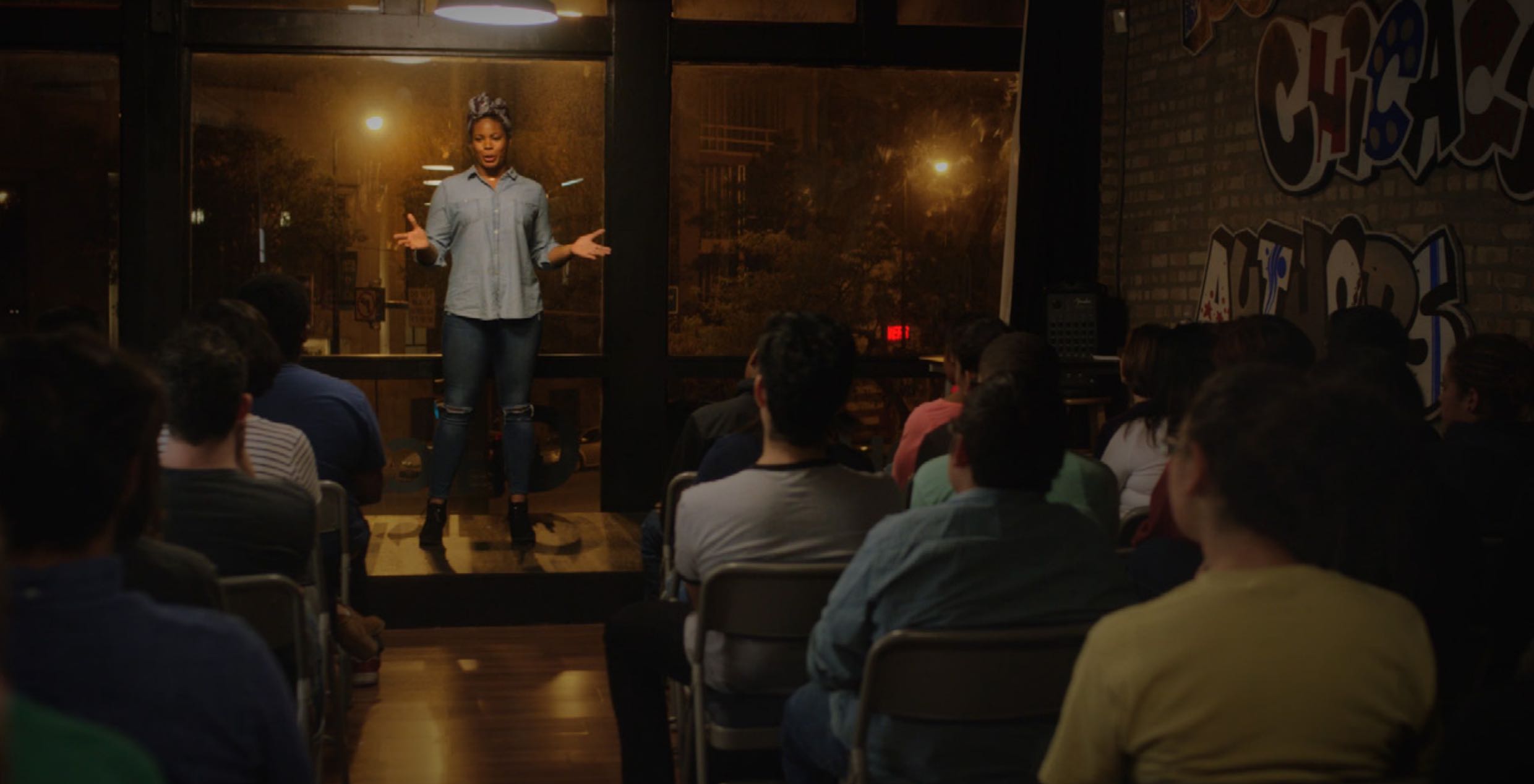In a heightened political environment like the US is experiencing, the decisions of strangers get imbued with larger meaning, and subsequently are taken so personally. Whom they vote for, where they live, what they love, are perceived as repudiations of a moral order, an existential threat. Explicit discrimination is perhaps down, but a more a c’est la vie social libertarianism is down too. The alt-right is declared a menace to society, liberal students are proclaimed the true totalitarians.
I write this overly-broad preface to simply remind that we do violence when abstracting diverse individual behavior out to broad stereotyped trends and movements. Empathy is not felt for movements, it is formed for people. For the past several decades the most reliable variable in determining an individual’s attitude towards gays was whether they personally knew a gay person. Making the individual exist again within scary and foreign-seeming movements or identity blocks is the biggest things we can do to move towards empathy and acceptance, and few arts can achieve this as concisely and powerfully as film.
Pronouns is not a film designed to surprise or shock. It’s fairly transparent in its sympathies and its plot is simplistic. The rote nature of the narrative will turn many off, despite the entertainment value provided throughout via extended sequences of spoken word performance. But, what it is wildly effective at doing, is placing a charismatic and authentic kid in front of a camera, grounding them in a place full of contradiction and specificity, all while leveraging tried-and-true themes of filial tension and self-actualization.
Director Michael Paulucci is a social-action filmmaker in Chicago, the setting of the film. In response to asking about the origin of his desire to tell this particular story he writes that it was the, “convergence of two things that I saw at the forefront of our national consciousness. Firstly, equality for people who may identify as LGBTQ, or American minority populations in general. And secondly, the idea of Chicago being at the national forefront to violence against minorities. These things converged in my mind and I started thinking about what it would be like for someone of these backgrounds to live and express themselves in this type of environment (particularly Chicago’s South Side).”
Paulucci finds the conflict of identity fascinating, but also feels like above all else Pronouns is a family story, and nothing would please him more than if the film could help LGBTQ teens. We hope the same. You can keep track of Paulucci at his website below, and look out for a new short film from him, Black and Blue, which is on the festival circuit now.

 Jason Sondhi
Jason Sondhi